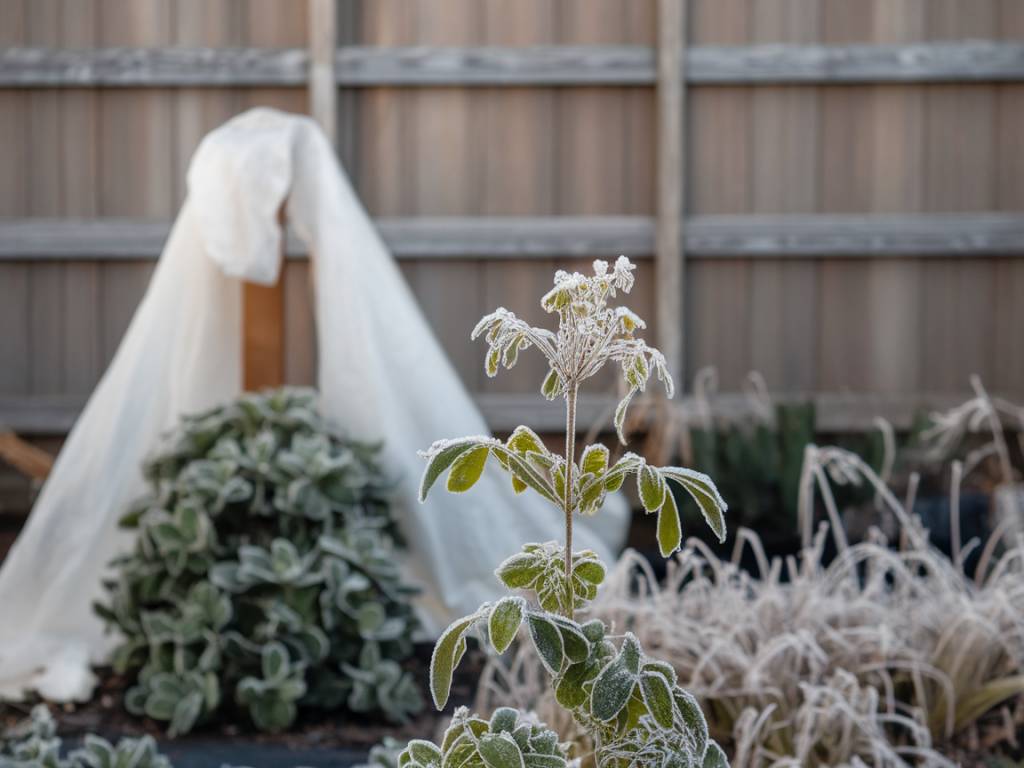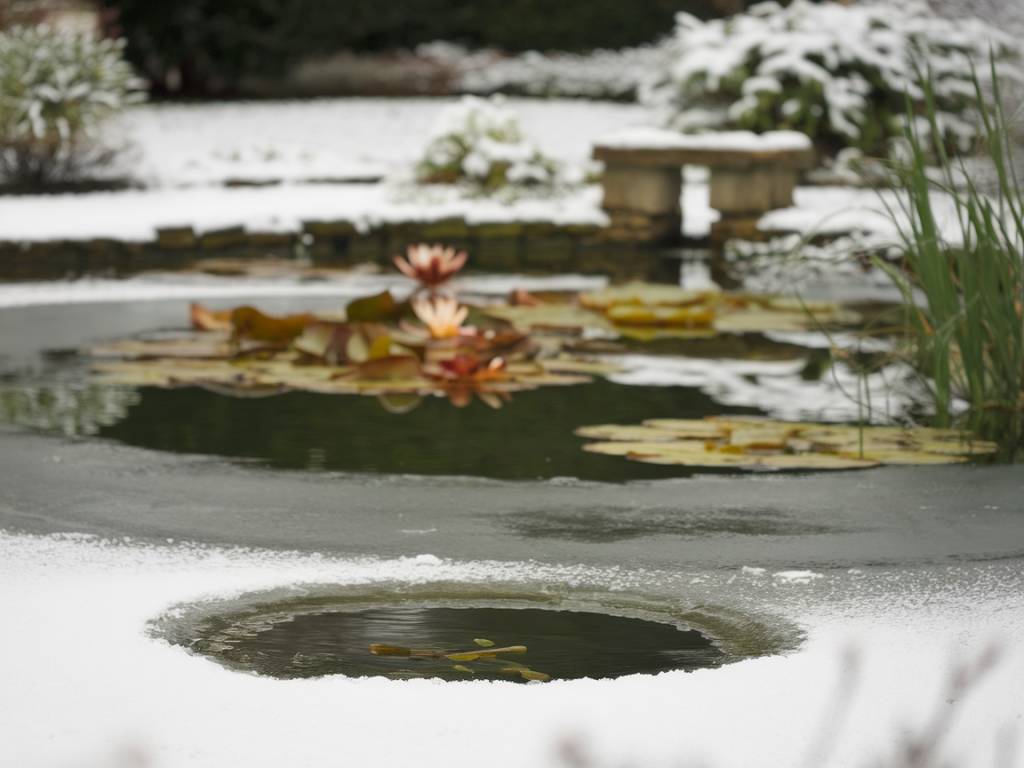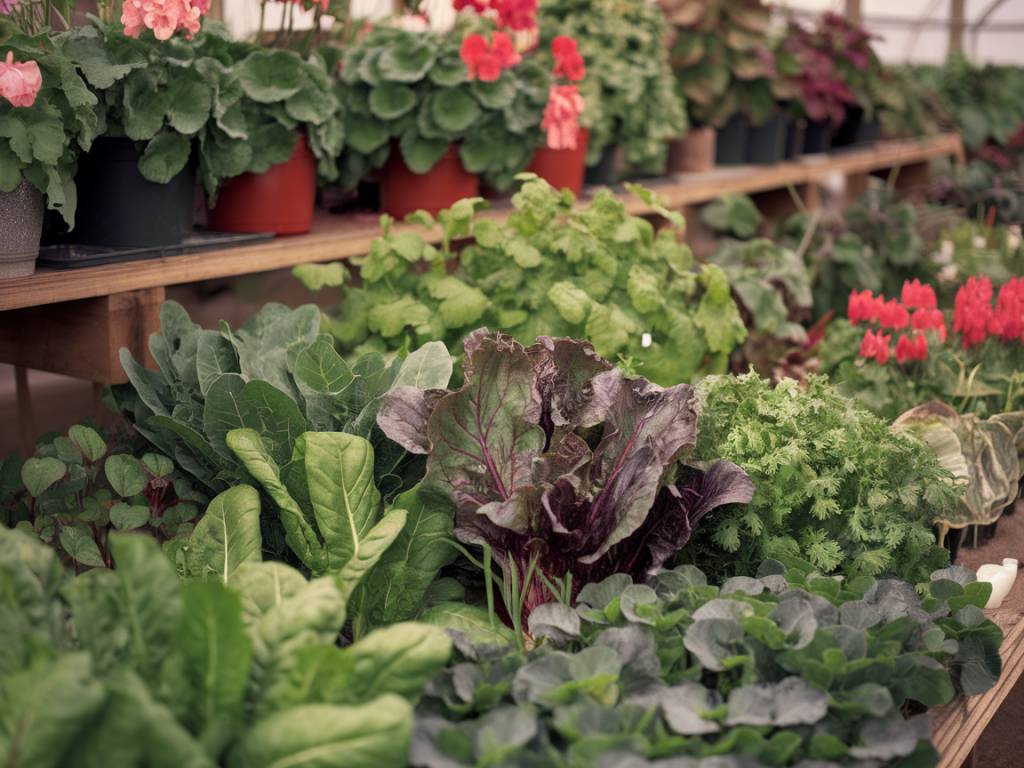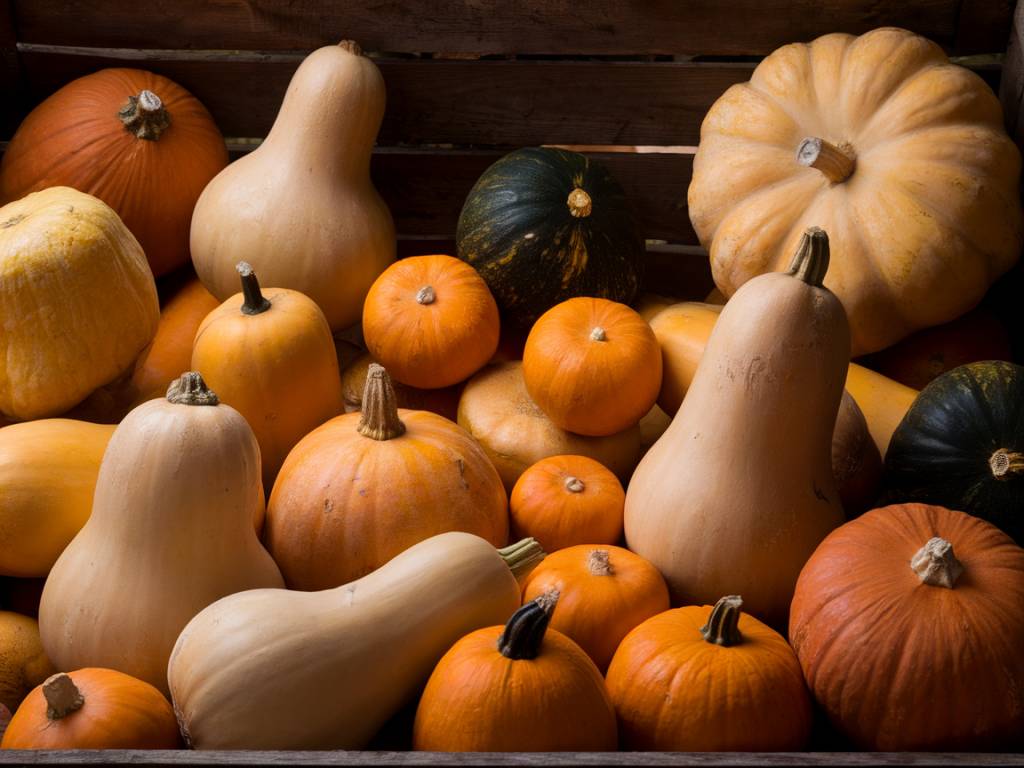As the cold grip of winter begins to loosen, my thoughts turn toward the vibrant promise of spring. One of the most rewarding aspects of gardening, especially for those of us who cherish natural methods, is the opportunity to prepare our soil for the new season. Today, I’ll walk you through some essential winter amendments to ensure you’re ready to jump into spring planting with a flourish.
Understanding the Importance of Soil Health
Healthy soil is the cornerstone of any thriving garden. Rich, well-balanced soil not only provides essential nutrients to plants but also supports a bustling ecosystem of microorganisms. These tiny helpers play a critical role in breaking down organic matter, recycling nutrients, and protecting plant roots from diseases. Winter is an excellent time to focus on boosting the health of your soil, laying the groundwork for a productive spring.
Testing Your Soil
Before adding any amendments, it’s a good idea to test your soil. Understanding its current condition—such as pH level, nutrient content, and composition—will help you make informed decisions about what it needs. You can either purchase a home testing kit or send samples to a local extension service for a more detailed analysis.
Adding Organic Matter
One of the simplest and most effective ways to improve soil health is by adding organic matter. Organic matter enhances soil structure, increases water retention, and fosters a diverse community of beneficial microorganisms. Here are some excellent sources:
- Compost: Homemade compost is a goldmine for your garden. It’s packed with nutrients and beneficial microbes. Spread a thick layer of compost over your soil and gently work it in.
- Leaf Mold: Fallen leaves are a free and abundant resource. Allow them to decompose over the winter and then incorporate the resulting leaf mold into your soil. It’s a fantastic conditioner.
- Manure: Well-rotted manure is another excellent amendment. It’s rich in nutrients and helps improve soil structure. Be sure to let it compost for several months before adding it to your garden to avoid « burning » your plants with fresh manure.
Using Cover Crops
Cover crops, also known as green manure, are a wonderful way to protect and enrich your soil over the winter. They help prevent erosion, suppress weeds, and improve soil fertility. Here are some options to consider:
- Legumes: Plants like clover and vetch are fantastic because they fix nitrogen in the soil, one of the essential nutrients for plant growth.
- Grasses: Rye and winter wheat grow quickly and are excellent for protecting soil from erosion.
- Brassicas: Mustard and radishes have deep roots that help break up compacted soil, making it easier to work in spring.
Seed your cover crop in late autumn and allow it to grow until early spring. Before planting your spring garden, simply cut down the cover crop and turn it into the soil, giving it time to decompose and enrich the soil.
Mulching for Protection
Applying mulch to your garden beds during winter has several benefits. It helps regulate soil temperature, preserves moisture, and slowly breaks down to add organic matter. Some great natural mulches include:
- Straw: A thick layer of straw is excellent for insulating soil and suppressing weeds.
- Wood Chips: Wood chips decompose slowly, providing long-term benefits to the soil. Be sure to use aged chips or those from untreated sources.
- Grass Clippings: These are rich in nitrogen and break down relatively quickly. However, make sure they haven’t been treated with herbicides or pesticides.
Adding Mineral Amendments
Mineral amendments can also be essential, depending on your soil test results. Here are a few natural options to consider:
- Rock Phosphate: If your soil is low in phosphorus, rock phosphate is a slow-release option that provides long-term benefits.
- Greensand: This is a great source of potassium and also contains trace minerals. It helps improve soil structure and moisture retention.
- Dolomite Lime: If your soil is too acidic, dolomite lime can help raise the pH. It also provides calcium and magnesium, essential nutrients for plant health.
Encouraging Soil Life
Fostering a thriving community of microorganisms is crucial for soil health. Here are some practices to encourage a biodiverse soil ecosystem:
- Minimal Tillage: Turning the soil too often can disrupt microbial networks. When you do till, be gentle to preserve soil structure.
- Crop Rotation: Planting different types of crops in succession helps prevent nutrient depletion and reduces the risk of pests and diseases.
- Organic Mulches: As mentioned earlier, natural mulches provide a habitat for beneficial insects and microorganisms.
Watering Wisely
Proper watering is essential for maintaining soil health. During winter, reduce the frequency of watering but ensure your soil maintains adequate moisture. Excessive dryness can harm beneficial organisms. Here are some tips:
- Water Deeply: When you do water, give your garden a thorough soaking to encourage deep root growth.
- Avoid Overwatering: Wet, cold soil is detrimental to plant health and can lead to root rot. Ensure good drainage and avoid waterlogged conditions.
- Rainwater Collection: Use rain barrels to collect and store rainwater. It’s a sustainable way to conserve water and provides your garden with chemical-free hydration.
Planning Ahead
Finally, it’s beneficial to plan your spring planting during the winter months. Consider the specific needs of the plants you intend to grow and how they will interact with your soil amendments. Keep a garden journal to note what worked well in past seasons and any adjustments you might need to make.
With thoughtful preparation and a focus on natural, organic methods, you can create a garden that thrives not just in spring, but throughout the entire year. Happy gardening!
Samanta








